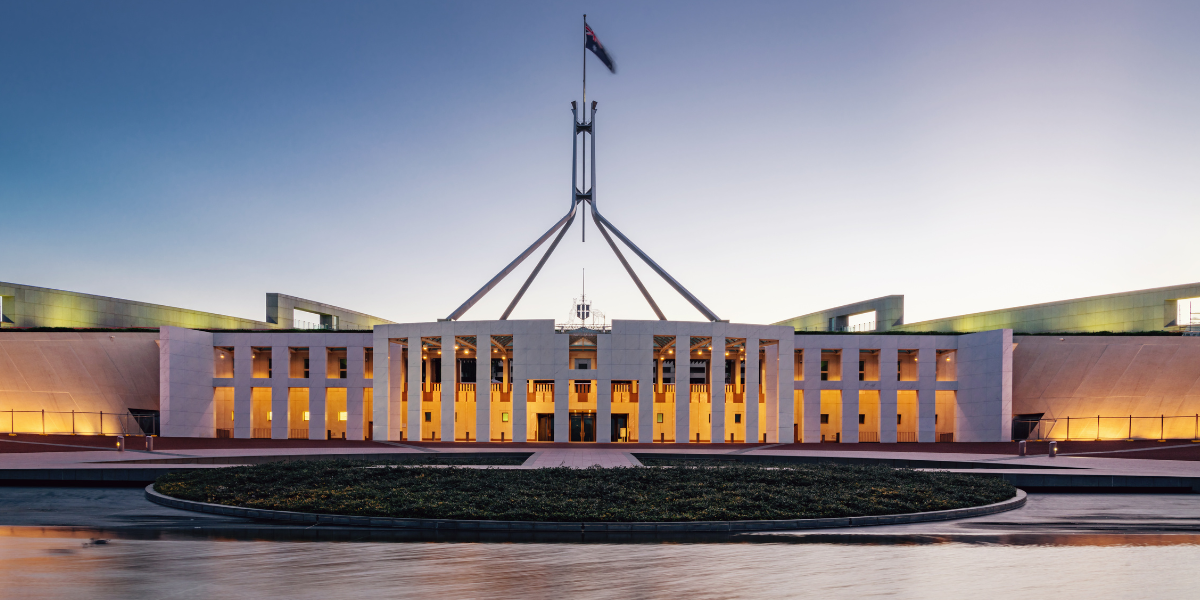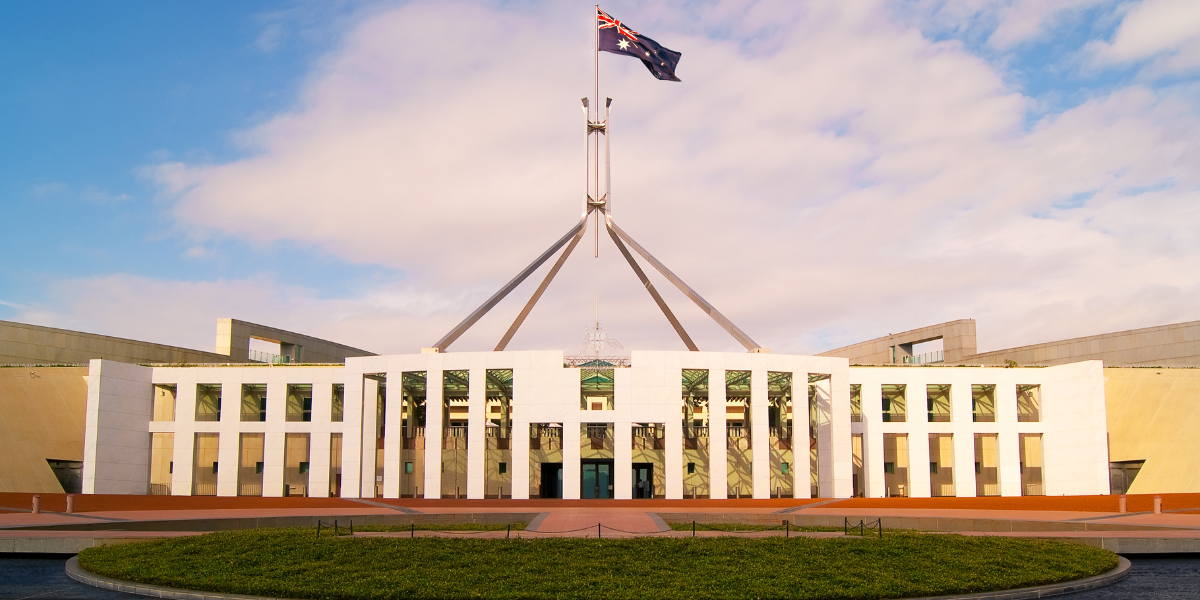The Australian Productivity Commission is seeking policies to enhance economic resilience and productivity. Feedback is open until 6 June 2025.
The Australian Productivity Commission has opened a consultation for a corporate tax reform to build a more dynamic and resilient economy. It seeks to explore policies to boost investment, improve productivity, and encourage entrepreneurship and innovation.
The consultation focused on two key areas of policy reform:
- Supporting business investment through corporate tax reform; and
- Reducing the impact of regulation on business dynamism.
Support business investment through corporate tax reform
An improved corporate tax system can help Australia attract foreign capital, spur businesses to invest, enter new markets, innovate and improve labour productivity. This helps improve living standards, and helps Australia become a more dynamic and resilient economy.
Gross fixed capital formation (such as additional factories, machinery, and equipment) has declined over the past decade, and non-mining private sector investment as a share of GDP has fallen approximately 3 percentage points since 2009. This means there is less capital available for workers to use, which contributes to Australia’s stagnant productivity growth.
The way companies are taxed is a key determinant of businesses’ investment decisions and their willingness to innovate. Australia would benefit from a simpler and more efficient tax system. This would improve after-tax returns available to businesses and support investment.
A range of Australian tax reviews, academics, think tanks, and international institutions have repeatedly pointed to the economic costs of existing company taxation and recommended changes to Australia’s corporate tax arrangements.
Effective company tax rates can be changed in a variety of ways. These include changes to tax rates themselves, or changes to the company tax base.
The process
The inquiry will evaluate options to support business investment and productivity growth by examining potential changes to Australia’s corporate tax arrangements. The inquiry will also consider the importance of fiscal neutrality and the extent to which options are consistent with achieving an efficient and equitable tax system that aligns with desirable long-run directions for the corporate tax system. A thorough assessment will be conducted to analyse the relative effects of these options on business investment, productivity growth, company tax revenue, and overall tax revenue. Input is welcome to ensure a comprehensive understanding of these issues.
Reduce the impact of regulation on business dynamism
Regulation can help to achieve important economic and social objectives, but excessive or inappropriate regulation can stifle business dynamism, resilience and productivity.
Reducing regulation, if done judiciously, can lower costs of doing business, allow more firms to enter the market, lower prices for consumers and support innovation.
The Productivity Commission says that for more than a decade they have heard that the burden of government regulation has increased, and they now have an opportunity to shift regulatory focus towards growth outcomes.
All regulations have costs and benefits. Good governance involves only introducing new regulations when the expected benefits exceed the expected costs and when this net benefit is larger than that of other options. Good governance also involves taking into consideration the cumulative burden of existing regulation, by taking into account the whole stock of regulation imposing a burden on business. It should drive governments to repeal or alter regulations when their benefits do not exceed the costs.
The process
This inquiry will explore how Australia regulates businesses, focusing on the institutional processes for introducing new regulations and ways to improve or eliminate existing harmful regulations.
It will examine:
- The arrangements for introducing new regulation, how to reduce the burden of existing regulations, consideration of the cumulative burden of regulation, and ways to streamline and harmonise regulation across state and territories;
- The Policy Impact Analysis process (2023), which is a key mechanism for assessing proposed Australian Government regulations;
- The Australian Government’s regulatory reform agenda, which also involves state and territory governments.
The consultation is set to conclude on 6 June 2025.















